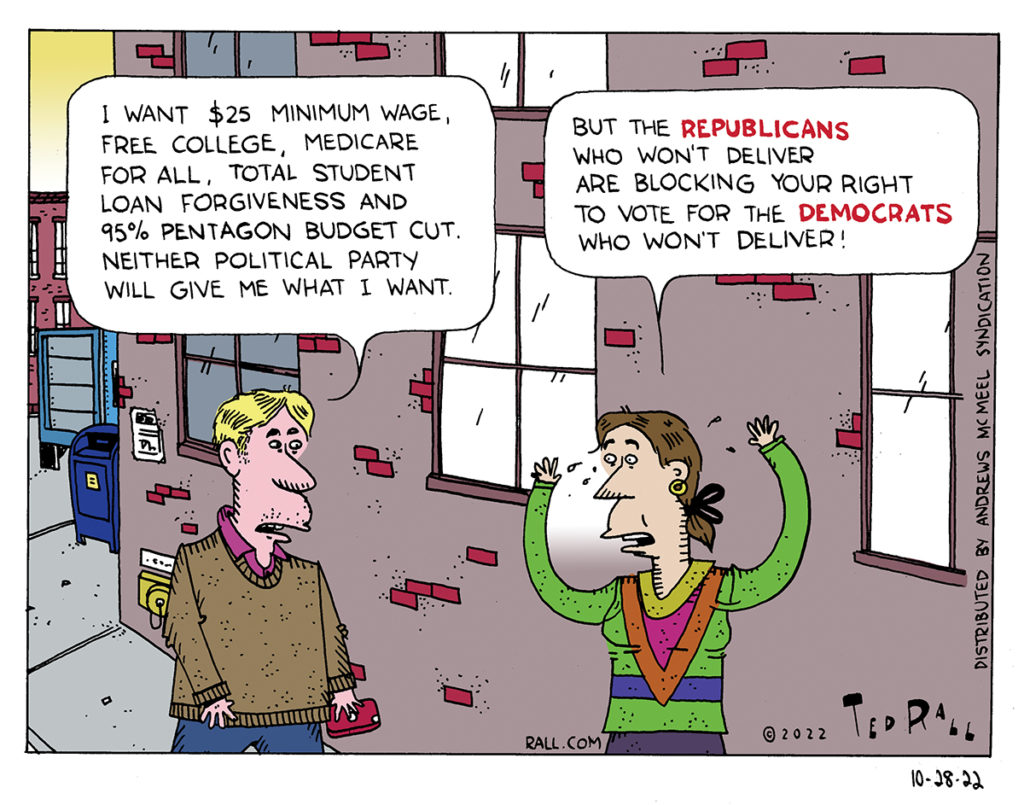 On this episode of The Final Countdown, hosts Angie Wong and Ted Rall discuss top news worldwide, including Biden’s presidential campaign.
On this episode of The Final Countdown, hosts Angie Wong and Ted Rall discuss top news worldwide, including Biden’s presidential campaign. The Final Countdown – 2/21/24 – Biden’s Record Fundraising Fails to Sway U.S. Voters
 On this episode of The Final Countdown, hosts Angie Wong and Ted Rall discuss top news worldwide, including Biden’s presidential campaign.
On this episode of The Final Countdown, hosts Angie Wong and Ted Rall discuss top news worldwide, including Biden’s presidential campaign. 
